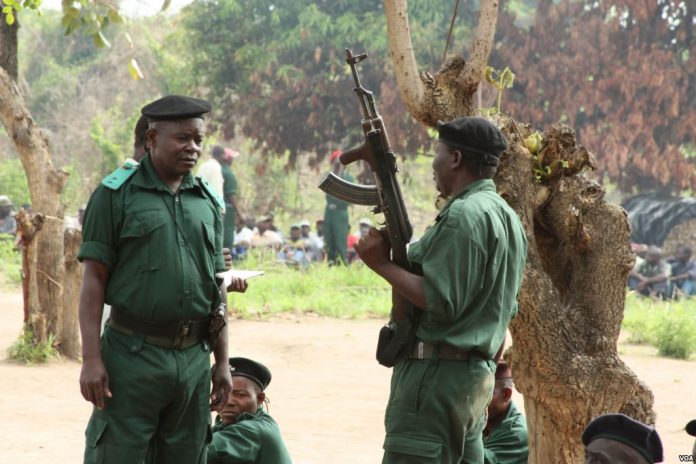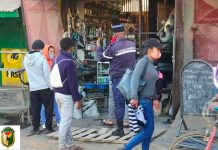Mozambican civil organisations said on Monday that the armed attacks in Cabo Delgado, north of the country, are causing a vicious circle of increased poverty and greater attraction of young people to violent movements.
This was the conclusion of a seminar held on Friday in Pemba, on “human conflict in the exploitation of natural resources in the province of Cabo Delgado”.
Since 2017, the scenario has worsened with the beginning of armed attacks on villages by Islamic-inspired groups, but with no other stated objectives beyond criminal practice.
The seminar also concluded that there is a “chaotic” exploitation of natural resources in the region – a scenario that began with the absence of the State and generalized opportunism.
Participants considered that the Mozambican government should remove obstacles to access to information for journalists, researchers and citizens in general where there are conflicts arising from the exploitation of mines or other natural resources.
They also suggested that the authorities undertake a review of the strategy for military action, training the military in human rights issues and other forms of relationship with citizens.
According to figures collected by Lusa, the wave of violence in Cabo Delgado since 2017, has already caused the death of about 200 people, including residents, alleged aggressors and elements of the security forces.
The attacks occur in the region where work is soon to get underway for the exploitation of natural gas.
The ‘jihadist’ group Islamic State announced in June that it was associated with one of the attacks.
The seminar was attended by the Episcopal Commission for Justice and Peace (CEJP), the Provincial Union of Peasants (UPC) of Cabo Delgado, the Department of Ethics, Citizenship and Development of the Catholic University, the Observatory of the Rural Environment, the Sekelekani organization and the Center for Public Integrity, and Environmental Justice.
Source: Lusa















This is sad indeed